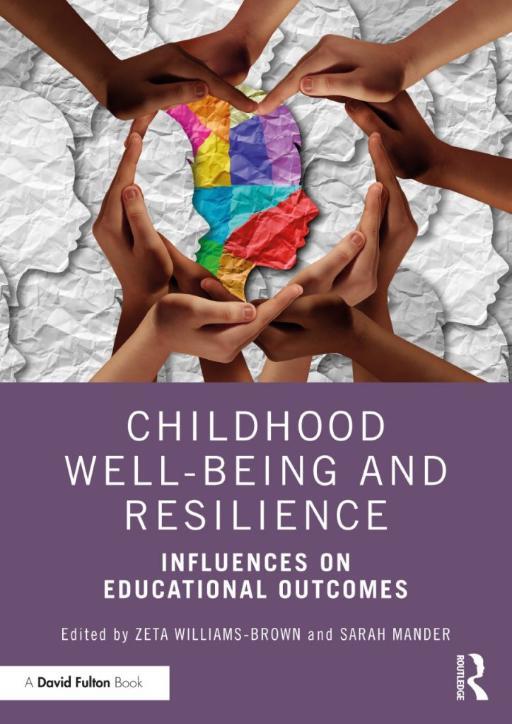Welcome to the Education Observatory blog

Welcome to the Education Observatory blog. In his A Year with Swollen Appendices, Brian Eno describes the ‘Zone of Pragmatic Deceit’, which he sees as “the social and mental inventions that exist to ease the friction between what we claim to stand for […] and what we actually have to do to make things work”. As a research centre undertaking research in all areas of education, from early years and schools to further education, higher education and lifelong learning, we in the Education Observatory are very familiar with this zone.
We often find ourselves examining the inventions and compromises educators create to overcome the unanticipated effects of beliefs, policies and ideologies on practice. We want to use this new blog to examine this dynamic and to float ideas, share research findings and raise concerns.
Why does the world need another blog?
Here are three reasons:
- We recognise that despite talk about maximising research impact and sharing findings widely, as researchers we are still not very good at sharing our research in ways which are relevant and accessible to non-academics. We want to engage everyone we can with an interest in education: students and teachers, parents/carers and practitioners, policy-makers and governors.
- We want to promote our and others’ work, to encourage more people with an interest in education to use our research, books, articles and attend our events and activities.
- We want to use the blog as an open space in which researchers, practitioners and others come together to debate, discuss and disagree about ideas, policies and issues from all areas of education. We are particularly interested in dialogue about issues which are most pressing for schools, colleges, settings and universities located in the Black Country and the Midlands, but we also want to take on big, national and international issues such as the effects of poverty and inequality.
What will you find in the blog?
The blog will feature short, accessible and provocative pieces which clarify and explain educational issues and research findings, written by both members of Education Observatory and others with an interest in improving education. It is hard to predict but issues might include how universities have adapted to COVID-19; why anyone ever thought determining A Level results by algorithm might be a good idea; or why children in England start formal schooling earlier than almost anywhere else in the world. As a taster, we begin by highlighting on a new book edited by Zeta Williams-Brown (Education Observatory) and Sarah Mander (The Open University) which examines childhood wellbeing and resilience. Future posts will feature further insights from the book.
Childhood wellbeing and resilience
The terms ‘well-being’ and ‘resilience’ have become buzzwords in education in recent years. Why this might be is explored in Childhood Well-being and Resilience: Influences on Educational Outcomes ,which was published on 30 October 2020. Across 15 chapters, 32 writers explore theories of childhood well-being and resilience critically in the context of current practice. As well as examining the mental health crisis among children and young people, which COVID-19 threatens to magnify, the book details the complexities involved in defining, addressing and supporting well-being and resilience childhood.

Get involved
We want this to be a dynamic and open space so please feel encouraged to comment on our posts, send us blogs or join us at the events and activities we promote here and elsewhere on this site. We look forward to the dialogue, the inventions and the friction.
Reference
Eno, B. (1996) A Year with Swollen Appendices. London: Faber and Faber
For more information please contact the Corporate Communications Team.


/prod01/wlvacuk/media/departments/digital-content-and-communications/images-2024/240328-Varsity-Line-Up-Resized.jpg)
/prod01/wlvacuk/media/departments/digital-content-and-communications/images-18-19/220325-Engineers_teach_thumbail.jpg)
/prod01/wlvacuk/media/departments/digital-content-and-communications/images-2024/240515-Spencer-Jones-Award-Resized.jpg)
/prod01/wlvacuk/media/departments/digital-content-and-communications/images-2024/240320-Uzbekistan-Resized.jpg)
/prod01/wlvacuk/media/departments/digital-content-and-communications/images-2024/240229-The-Link-Resized.jpg)
/prod01/wlvacuk/media/departments/digital-content-and-communications/images-2024/240516-Andy-Gibson-Resized.jpg)